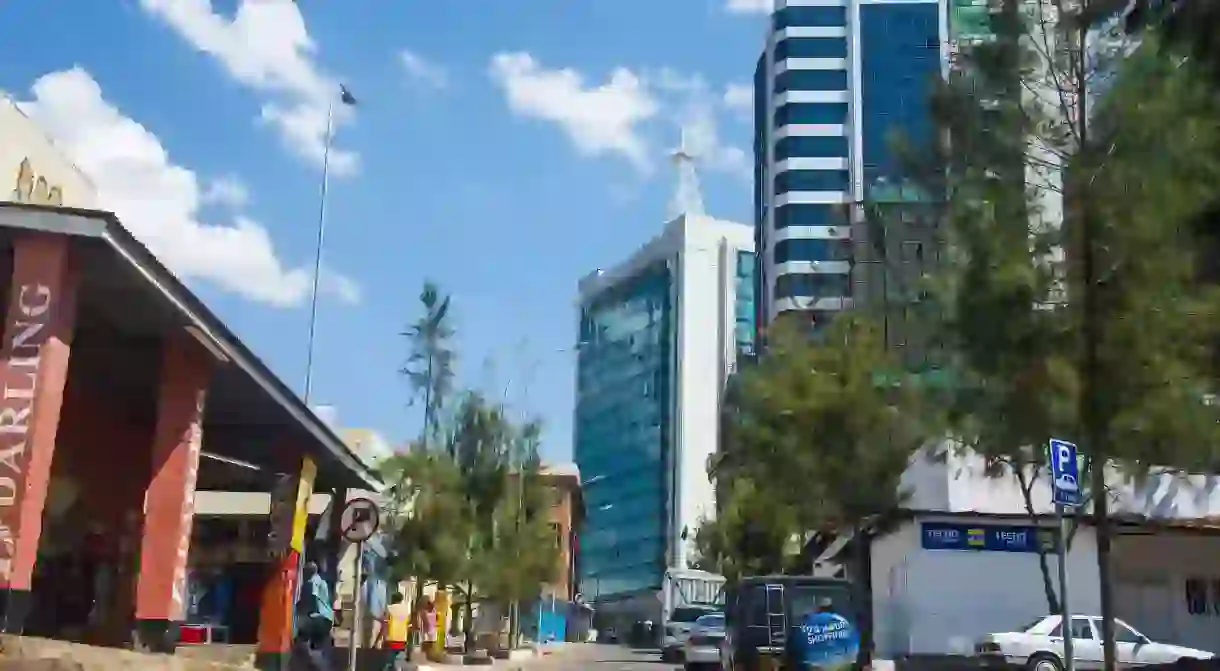Rwanda Takes Major Steps to Turn Its Capital into "Africa's Singapore"

Rwanda, a country famously known for endangered mountain gorillas and rolling hills, is quickly positioning Kigali, its capital, to become a global city reminiscent of Southeast Asia’s Singapore.
The nickname “the Singapore of Africa” is apt for this small, landlocked nation; Rwanda’s clean city streets, anti-corruption policies, burgeoning creative and technology scene, as well as impressive economic growth, are highlighted best in the sprawling capital of Kigali.

Over one million people call Kigali home, and that number is expected to triple by 2030. A citywide master plan that began in 2013 continues to update the Kigali skyline and surrounding infrastructure, helping the country receive the influx of international conferences and tourism attention in the best manner possible. All this has recently put Kigali on the map. The plan focuses on creating an environmentally sustainable and modern city, cognizant of the city’s growing number of residents and their needs.
Though many of Kigali’s developments – from towering office buildings to modern housing estates – have been positively received, slum relocations have added a touch of controversy to the city plans.

Residents of several low-income areas and slums in Kigali are in the process of being moved to housing developments on the outskirts of the city. Approximately 1,000 families in Kangondo, locally known as the Bannyahe slum, are being relocated as city developers prepare to pave over their homes in 2019.
“It seems the city now has resolved to force us to accept houses, and they don’t want to hear any of our concerns despite the expropriation laws advocating for a compromise between parties,” said a Kangondo resident in an interview with Kigali Today.
Although this move is being critiqued by some due to the inconvenient new locations, lack of financial compensation, and longer work commutes, relocated Rwandans are still promised better living situations and updated facilities. Kigali spokesman Bruno Rangira told All Africa, “We are talking about a housing estate that has all the infrastructure…roads, public lighting, sewage management system, a school, public centre, and a market.”













